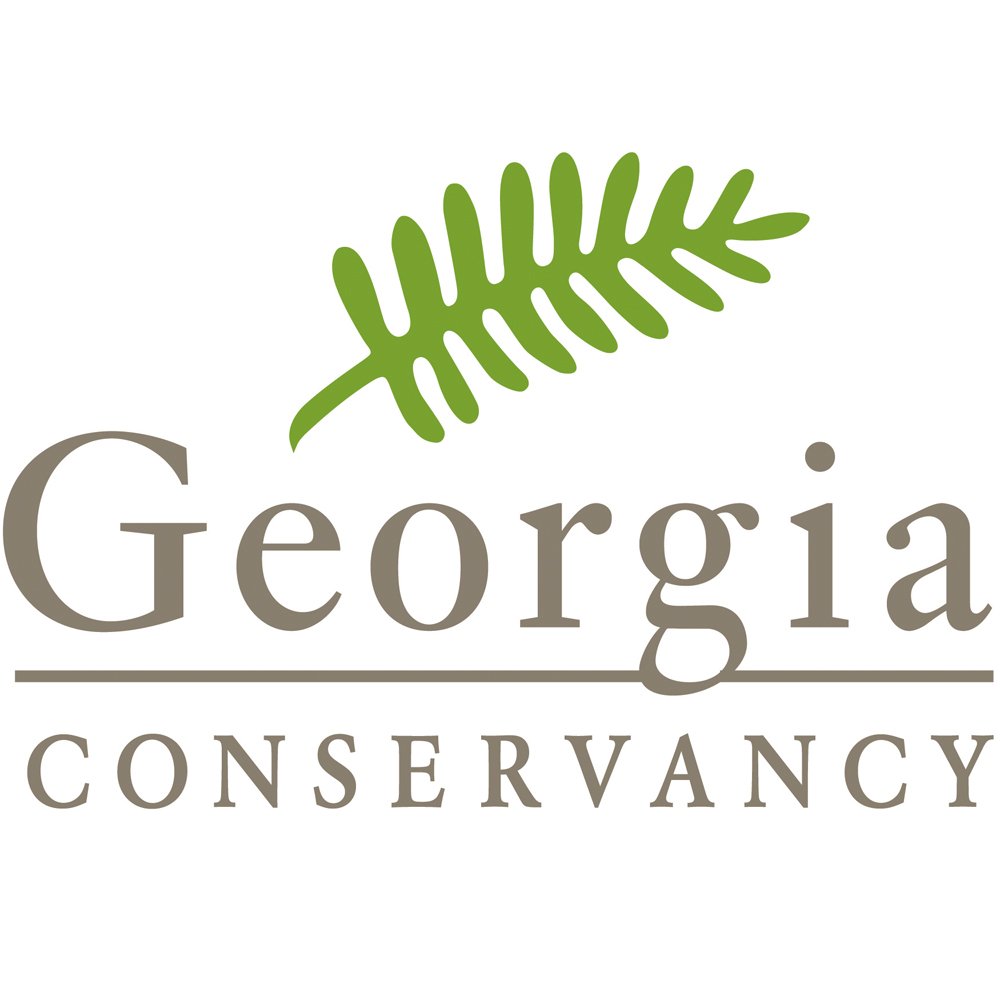Cumberland Island Visitor Use Management Plan & Environmental Assessment
Georgia Conservancy Public Comments to the
National Park Service
Map of Cumberland Island National Seashore from NAtional Park Service
During the Fall of 2022, the National Park Service (NPS) released its proposed Visitor Use Management Plan (VUM Plan) & Environmental Assessment (EA) for Cumberland Island National Seashore.
From NPS: "The park is developing a visitor use management plan (the plan) to determine appropriate opportunities for visitors to use, experience, and enjoy Cumberland Island National Seashore and to develop strategies to concurrently protect resources. This plan examines management options to enhance the protection of natural, cultural, and scenic resources and values, while providing visitors improved accessibility to a variety of opportunities to be inspired through personal connections with those resources."
More information on the VUM Plan & EA can be found here, while it can be read in its entirety here.
Click here to read our full comment letter to the National Park Service.
Cumberland Island is woven into the 56-year history of the Georgia Conservancy. From our earliest advocacy efforts that facilitated the establishment of the National Seashore and later Wilderness designation to the development of Cumberland Island’s first GPS trail map (which is used by hundreds of visitors to the island) to our more recent service weekends, not a day goes by when the Georgia Conservancy isn’t focused on the stewardship of Cumberland Island. Our work now, as it was then, is dedicated to the realization of the island’s stated vision, that:
“Cumberland Island National Seashore maintains the primitive, undeveloped character of one of the largest and most ecologically diverse barrier islands on the Atlantic coast, while preserving scenic, scientific and historical values, and providing outstanding opportunities for outdoor recreation and solitude.”
We believe that conservation is never over, and today, just as during the establishment of the Cumberland Island National Seashore in 1972, there remains a debate over how best to conserve and support this national treasure.
The ongoing conservation, protection, and enjoyment of Cumberland Island National Seashore for the people of Georgia and beyond is a top priority for the Georgia Conservancy, and protection of the Wilderness area, including the conservation of the unique coastal habitats and facilitation of a true wilderness experience for visitors to the island, is of utmost urgency. Preserving the globally-significant habitats on this island, while still allowing for positive visitor experiences and added recreation opportunities, will require a well-researched and fully vetted plan that includes slow, incremental changes to current uses through active monitoring and adaptive management.
The update of the VUM Plan presents the National Park Service (NPS) with the unique challenge of balancing the conservation of resources with the judicious use and access which is always difficult on a remote island. While the VUM Plan EA is thorough and is clearly the result of a great deal of work and effort by the National Park Service, some elements remain unclear including the “resource and visitor use monitoring” that indicated that there was a need to reevaluate visitor levels as well as the number of additional resources that will be deployed by NPS to monitor, manage and enforce the new VUM Plan and avoid impacts from additional visitorship.
While the Georgia Conservancy is supportive of some the of proposed changes outlined by the NPS in the VUM Plan, we request that with any change comes adaptive management, active monitoring and implementation, and the dedication of adequate staff resources to monitor the impacts on the island.
We do, however, have a number of core concerns with the VUM Plan and EA, as proposed by the NPS. These concerns include:
The proposed increase in daily visitorship to Cumberland Island via ferry from 300 people to 700 people would represent a significant change in Island management and has the potential to strain NPS human resources and impact the Island’s natural resources, especially in the Wilderness area. We ask the NPS to provide need-based data for an increase in daily ferry visitors before such changes are proposed.
On the South End of the Island, the proposed Beach Creek campsite may increase the demand for motorized boats to access Beach Creek and the proposed Beach Creek dock, resulting in impacts on manatee populations. We encourage NPS to focus as many resources as possible to monitor the newly proposed Beach Creek campsite and consider constructing a simple kayak launch/dock that will only accommodate access for non-motorized boats, or no dock at all.
Increased bicycle access could have a significant impact on Cumberland Island’s understory and sand dunes. We are particularly concerned about the potential for additional e-bikes and e-bike rentals on the island, and their impact on island resources and visitor experience, particularly in the Wilderness area and the proposed extended beach-use area between Sea Camp and Stafford Beach. The Georgia Conservancy encourages the NPS to consider a lower daily limit, or a limit specific to e-bikes, and to consider maintaining the current beach bike access areas. Furthermore, we request that South Cut Road, which bisects the Wilderness area from west to east, and Whitney Road, a primitive path that currently extends south into the Wilderness area, be marked as off-limits to e-bikes.
Without a working Wilderness Stewardship Plan for the Cumberland Island Wilderness Area, the NPS cannot effectively and with sensitivity propose actions in the Wilderness area or potential Wilderness area in the final VUM Plan. While we currently support certain Wilderness actions proposed by the NPS, we believe that changes to current Wilderness activities and management should be planned following or in concert with a proposed Wilderness Stewardship Plan.
Click here to read our full comment letter to the National Park Service.
For any questions regarding this matter, please contact Georgia Conservancy Communications Director Brian Foster at bfoster@gaconservancy.org or Georgia Conservancy Coastal Director Courtney Reich at creich@georgiaconservancy.org




